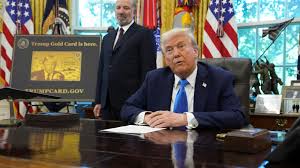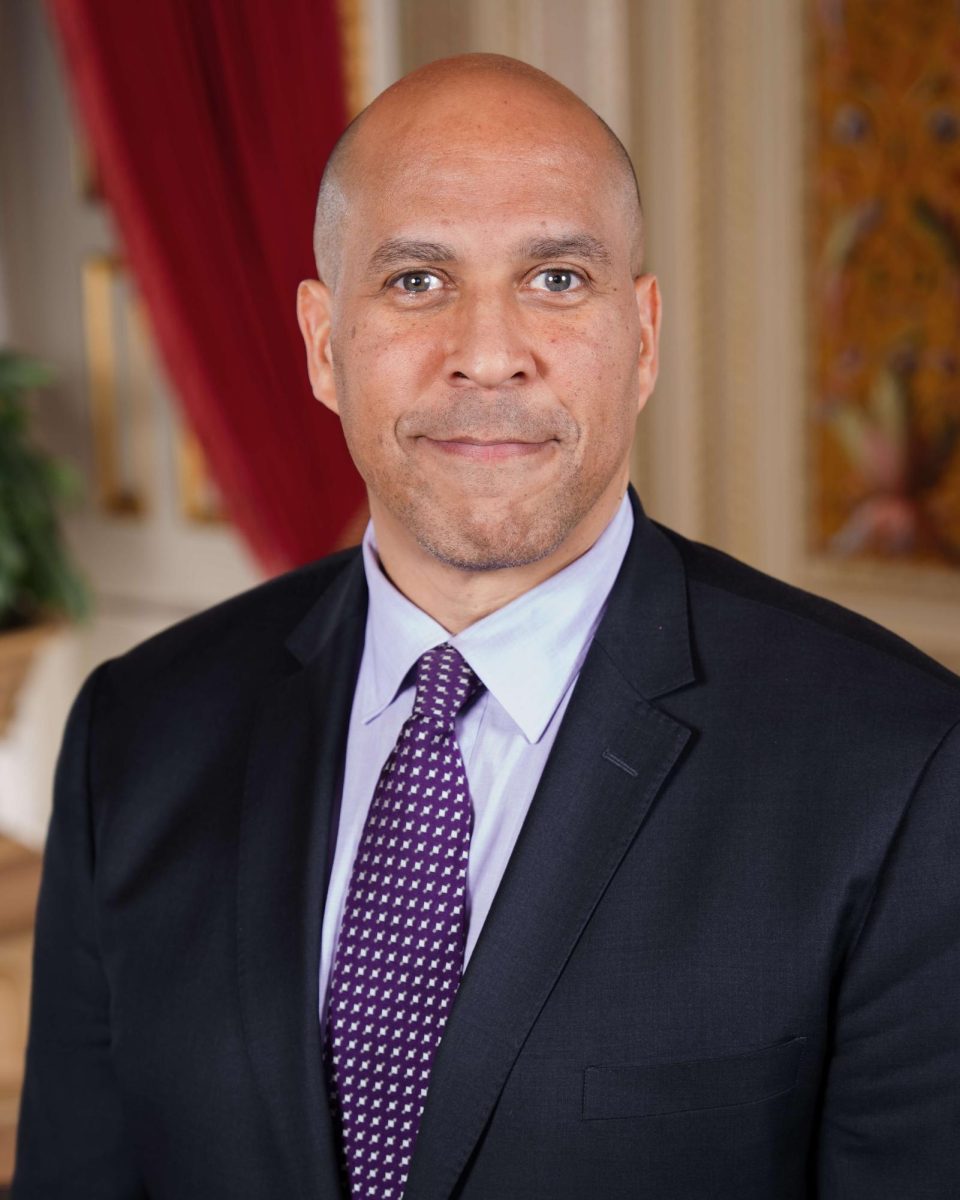Senator Cory Booker of New Jersey made history by delivering an extended speech on the Senate floor that lasted 25 hours and 5 minutes, surpassing the previous record set by Senator Strom Thurmond of South Carolina in 1957. The Democrat’s Senate address–which began at 7 p.m. E.T. on Monday, March 31 and concluded at 8:06 p.m. the following day–stretched long enough into April 1 to halt any legislative business in the Senate from taking place.
Following the congressional and presidential elections of 2024, both houses of Congress and the White House have been controlled by the Republican Party. As a result, the Democratic Party has been unable to mount an effective resistance to stopping President Trump’s agenda. Democrats have had to get creative in their approaches to counter the Republicans’ actions, and Booker’s speech has been recognized as “one of the most high-profile forms of protest” so far in Trump’s second term by several news outlets, including CNN Politics.
In preparation for his speech, Booker fasted for days and refrained from drinking water since Saturday night in order to avoid using the bathroom, according to The Times. As a result, he admitted to having experienced unrelenting cramps, dehydration, and soreness. In addition, Booker also prepared 1,164 pages of material. According to AP News, Booker drew inspiration from civil rights activist John Lewis, and referenced the need for the American people to create some “good trouble” and bring attention to prevalent issues at various points throughout his speech.
At the beginning of his speech, Booker proclaimed that “these are not normal times in America” and “they should not be treated as such.” Throughout his extended speech, Booker called attention to president Donald Trump’s policies, particularly those that involved federal budget cuts, threats to free speech, immigration, healthcare crises, and Elon Musk’s role in the U.S. government. In addition, Booker read letters from constituents who wrote about their grievances about the policies that Trump has implemented, sharing over 200 stories. However, Booker also proclaimed the need for bipartisan unity in overcoming obstacles faced by all Americans.
“This is a moral moment,” Booker said, moments before yielding the floor and concluding his speech. “It’s not left or right, it’s right or wrong.”
Though Booker’s speech wasn’t considered a filibuster, a tactic used by senators to block the passage of legislation by speaking for long stretches of time, it still requires extreme stamina and endurance in order to speak hours at a time. Furthermore, senators aren’t allowed to use the bathroom or sit down if they don’t want to give up the floor. As Booker went on with his speech and hours passed, he was able to get rest in some form by answering questions from other Democratic senators, including Chuck Schumer of New York, the Senate minority leader who stayed with Booker the entire night.
The speech was widely broadcast, appearing on several news outlets and social media platforms. One such social media platform was Booker’s own TikTok, where he livestreamed his address and garnered over 350 million likes. As millions of Americans tuned in from all across the country, the event became more than just a political affair—it turned into a national spectacle, attracting the attention of citizens from both sides of the political spectrum. Booker’s passionate address was regarded as a powerful act of resistance by many. Others were critical of it, including a White House spokesman, who said to several news agencies that Booker was “looking for another ‘I am Spartacus’ moment” and questioned, “when will he realize he’s not Spartacus—he’s a spoof?” Nevertheless, the sheer courage required to deliver such an address reflected the current political tensions in the U.S. Overall, the event provoked a moment of national reflection and discourse.
Booker’s speech represents the lengths to which lawmakers will go to voice their concerns and opinions. This historic speech may also propel Booker to become a forerunner for the Democratic nomination in the 2028 presidential election, according to pollster Frank Luntz. However, despite this incredible achievement and symbolic gesture, it remains unclear whether the Democratic Party will be reinvigorated enough to mount an effective assault on Republican policies. The nation’s political future is far from being certain.














































































































































